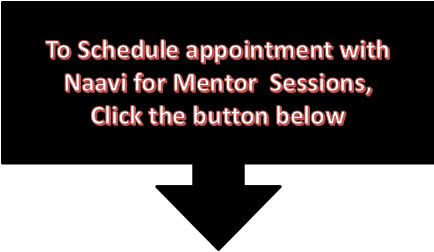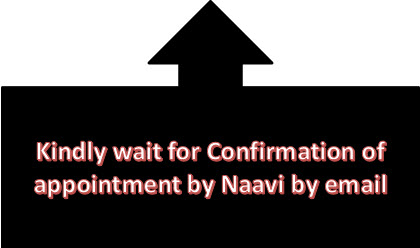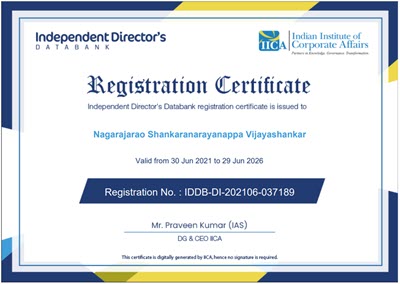The incident in Delhi involving a Uber taxi driver (a known criminal convicted earlier) committing rape of a girl using the taxi service to get a drop back to her house at around midnight after attending a party and pub has exposed the inability of the Government of India to understand the business model of app based taxi service.
When these officials who does not understand business, try to regulate a business that they donot understand, we cannot but see the bizarre knee jerk reactions alround. So far the Government is talking of banning the taxi services without realizing that these companies such as Uber, Ola or Taxi for Sure donot run a taxi service as we traditionally understand. They provide certain technology services to the drivers (may also be the owners) of vehicles which are available for adhoc hiring. They are “Communication Management Companies” or a “Digital Call Center service” trying to bring the commuters and the vehicle owners for meeting mutual requirements. Everything else is “Perception”.
In a way, the problem being faced by the app based taxi services in India is similar to the problems faced by Bitcoin community some time back when RBI came down heavily on the system taking it as a challenge to the currency system.
In the case of the Bitcoins, the system was promoted and perceived as a “Currency” replacing the Rupee or Dollar where as it was a “commodity” acceptable for exchange of goods and services in a “Limited Voluntary user forum”. The mistake was that of both the community which promoted it as a currency and the regulators who considered it as a currency.
Now, as regards the Uber, Taxi for Sure and Ola, are not “Fleet Operators” who own vehicles under a permit and run it with the help of drivers employed either on salary basis or on contract basis. In the “app based taxi service”, if any body has to be registered as a “Commercial Taxi” it is the individual driver who operates the taxis and not the Ubers or Olas. It is incorrect to even call them as “Taxi operators”. They must be called ” Aggregators” acting on behalf of the drivers. In fact it is more appropriate to consider the Ubers and Olas as the agents of the taxi drivers and not the other way round.
It would therefore be not possible for the transport department to register them as taxi operators without a change of law. If this path of changing of law to consider Ubers and Olas as taxi operators is attempted by any of the State Governments, it could lead to more legal complications than what they are trying to solve. As per the current laws, perhaps a single vehicle owner can register himself as a “Commercial Taxi Operator” and this law is sufficient to address the needs of the drivers who are affiliated to the Ubers or Olas.
The Ubers and Olas would be still liable as an “Intermediary” with some vicarious liabilities arising out of representing themselves as “Principals owning the taxis” instead of “Agents for Booking”. Their liability will be more like the “Cyber Cafes”.
If the Government tries to define the Ubers and Olas as “Fleet Operators”, then they also need to consider the impact of such an interpretation on private bus booking agents, train or air ticket booking agents, tour operators etc. If the Government says that Ubers and Olas cannot run their business without owning the vehicles themselves, then similar rules would be made to all other cab operators and auto rikshaw operators also that only the owners need to run the business. This will be impractical and cannot be implemented. In that case the app based service providers can consider that they are being discriminated and their fundamental right to run a business of their choice would be unfairly curtailed. If challenged, the Supreme Court may have to declare such laws as unconstitutional.
If the role of Ubers and Olas as a technology intermediary is recognized, their technology strengths can be harnessed by the Government to ensure that consumers get a good service and at the same time technology can be used in various ways to improve the security of the passengers.
Naavi











